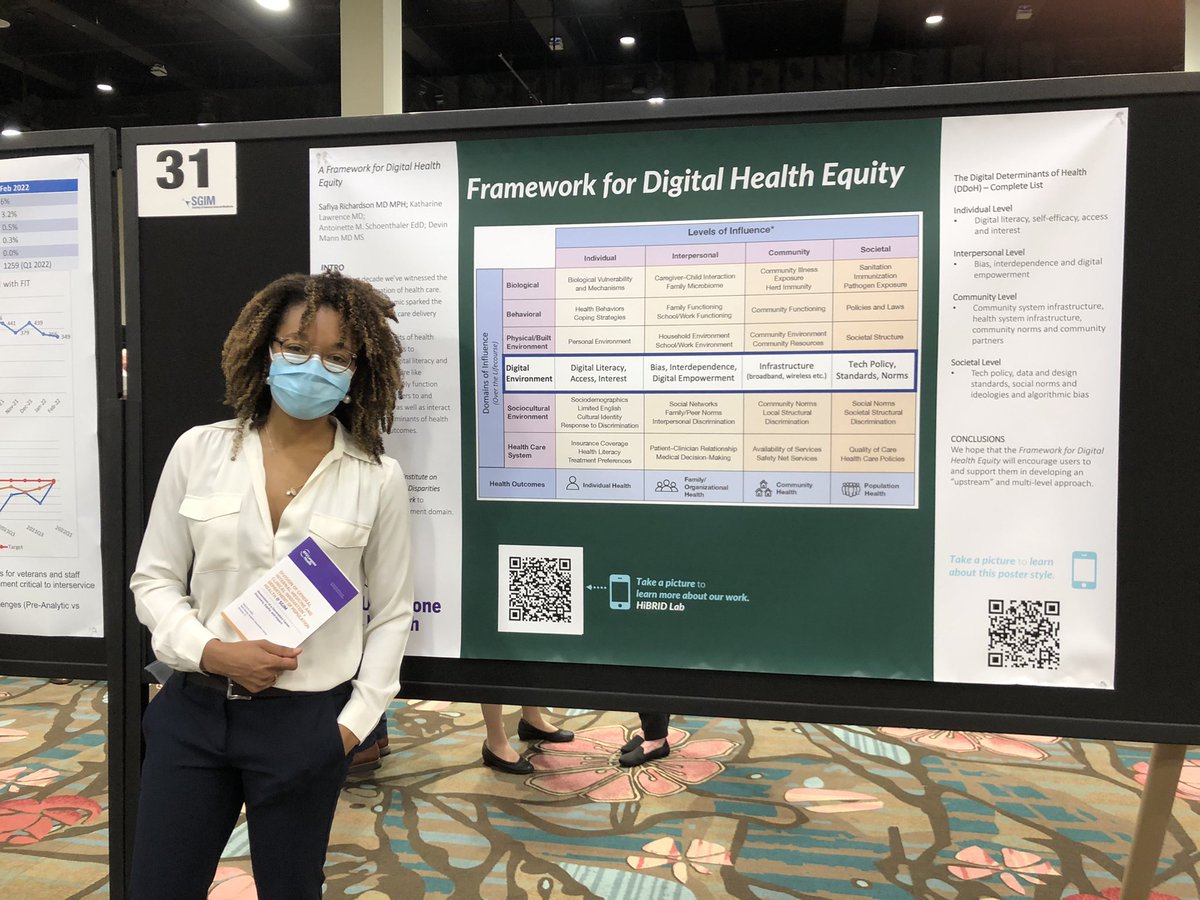
Have been too busy enjoying seeing people in person and seeing so much great research at #SGIM22 to have been tweeting, but what a great meeting. @nyugrossman was out in force /1
Med student Kyle Smith had a wonderful oral presentation on how we have developed a method of finding people on oral anti psychotics who haven’t had a1c testing (no pics cause I was so busy watching!) with @SaulBlecker /2
• • •
Missing some Tweet in this thread? You can try to
force a refresh





